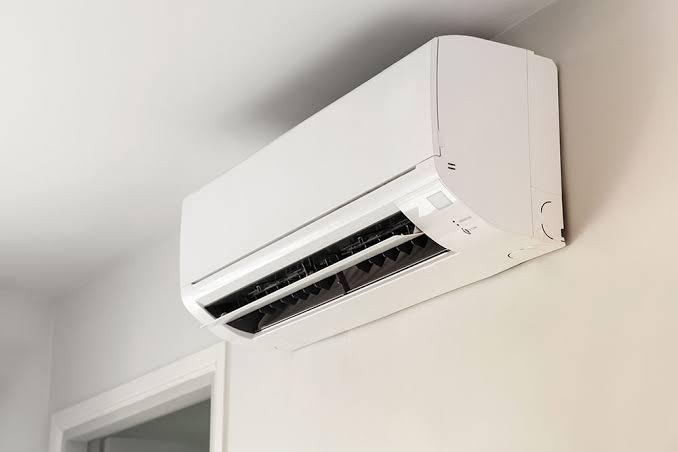Comfortable living is impossible without air conditioning, and if you are thinking of installing one in your home, you have a few different alternatives to choose from. The most common form of air conditioning, central air, is expensive but effective at cooling an entire house. Although window air conditioners or room air conditioners are less expensive to install, they do have a few drawbacks. However, sometimes homeowners face gas top up problems, to get the best maintenance, visit https://www.socool.sg/gas-top-up/.
Room air conditioning:
Air conditioners that fit into windows are a cheap, simple and fast solution to chill many rooms to varied temperatures. They save on energy costs because they do not have ducts, which may be a major source of leaks and insulation failures.
As more and more units are added to cool specific rooms, however, their efficiency drops dramatically in comparison to that of a professionally developed and kept up central air conditioning system. In humid climates, they make things feel hotter than they are since they do not remove moisture from alongside central air conditioners. For more information, pay a visit to https://www.socool.sg/.
Central air conditioning:
When compared to window AC units, central AC systems are more energy efficient and remove more moisture from the air, resulting in a cooler feeling during a humid day. Multiple ducts, as opposed to one, disperse air, resulting in more uniform cooling.
Central air conditioners, especially high-efficiency versions that can lower your long-term consumption of energy and utility bills, are a smart investment that can increase the value of your property. But lacking a zoning system, you can’t control the temperature in certain rooms, and if you don’t keep up with the air ducts, you might be losing a lot of money in wasted energy.
A central air conditioner, especially one with a zoning system that allows changes in temperature in each room, is likely to be more comfortable in a humid climate. However, the initial outlay will be greater, but the savings on energy bills will more than make up for it.
When deciding between central air conditioners and room air conditioners, it’s essential to consider factors such as energy efficiency, installation costs, and the specific cooling needs of your space. Central air conditioners are ideal for cooling entire homes, offering consistent temperatures and improved air quality, while room air conditioners are more suitable for individual rooms or smaller spaces, providing flexibility and lower upfront costs. Understanding these differences can help you make an informed decision that best suits your lifestyle and budget. For those interested in exploring more about air conditioning options and finding local services, you can Read more to discover additional insights and resources.
The ins and outs of air conditioning:
Air conditioning systems are available in a wide range of configurations to meet the cooling requirements of any space and they function by cycling refrigerant between a condenser and an evaporator coil via a compressor. The condenser is responsible for dissipating the heat produced by the refrigerant inside. The evaporator’s refrigerant absorbs thermal energy and dehumidifies humid indoor air.
When comparing central air conditioners to room air conditioners, it’s essential to understand their unique benefits and limitations. For a thorough look at repair and maintenance options that might be necessary for either system, pop over here to get detailed information and professional assistance.
When considering the installation or maintenance of air conditioning systems, it’s essential to consult with professionals who understand the intricacies of both central and room air conditioners. For residents in Texas, D-N-D Services Inc of Caddo Mills offers expert advice and services tailored to meet the specific needs of your home or business. Their team can help you determine whether a central system or individual room units would be more efficient and cost-effective for your space. By leveraging their expertise, you can ensure optimal performance and energy efficiency, keeping your environment comfortable year-round.
Cooling systems for rooms Advantages:
Compared to huge central air conditioning systems, room cooling systems are more portable and cheaper. It’s possible that a handy householder could set this up. Typically, individual room air conditioners consume less power than whole-house systems.
Cons:
Because of the hole they require being cut in the wall or the window, air conditioners might be a potential safety risk. The humidity in a room will not be much reduced by using an air conditioner. An unsightly unit mounted in a wall or window.
Centralized air conditioning pros:
The value of a home can increase if it has central air conditioning. Comfort is substantially enhanced by central air conditioners, and the amount of cooling needed is reduced because of the humidity they remove from the indoor air.
A whole house can be efficiently cooled by a central system. The blower and ductwork from an existing forced-air central heating and cooling boiler can be used for central heating and cooling.
Cons:
The ductwork and central systems take up a significant amount of additional space. The overall expenditure of central systems is typically higher than that of decentralized ones.
